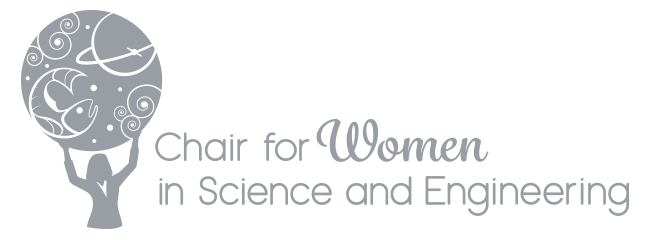Ask for help, and receive it. Sometimes help can sound like criticism. You have to be open to hear it.
Linda Gowman, Ph.D., P.Eng., is Chief Technology Officer at Trojan Technologies in London, Ontario. She has degrees in engineering and biophysics from the universities of Toronto and Western.
Linda has been with Trojan in various senior roles leading research and engineering, including VP Science and Technology and VP Research. She has been responsible for technical and regulatory matters surrounding bringing new products to market, and bringing existing products to new markets.
Linda enjoys the challenges and opportunities of bringing internal and external cross-functional teams together to provide innovative solutions to issues related to water. She sits on various boards in the water space.
Trojan is the recognized leader in ultraviolet light treatment of water, with the world’s largest installed base of municipal UV sites, in more than 80 countries. Trojan has more recently diversified into new product offerings for several applications, including water, wastewater and ballast water treatment; ultrapurification of water for manufacturing; filtration; and solids separation.
Tell us a little bit about yourself, what is your current job?
As Chief Technology Officer at Trojan Technologies I have the pleasure of investigating and thinking about the role of new technologies in our space, and thinking through how best to ensure that the fundamental research and regulatory concerns are met for our products for now and the future. This means I interact with many people at universities, in government, and in companies, and I enjoy that immensely.
What made you want to pursue a career in engineering?
I thought I wasn’t smart enough to be a scientist so I thought I would be an engineer. Besides, I had this idea that it was easier for an engineer to make a salary than for a scientist to do so. I had read a biography of Marie Curie and thought that she was the standard for all scientists. Fortunately I discovered that she is not the standard, and thatI was wrong about so many things.
What’s your favourite part of your job?
I enjoy learning, stretching the boundaries of my own knowledge. I also enjoy being with people, and trying to understand their different viewpoints, whether technical or cultural. In addition, there is a big challenge in technology to communicate the benefits and risks of what we do. So I act as a translator, as best I can, between people with different views.
How do you celebrate National Engineering Month?
We are hosting students from Western University and Fanshawe College in our office this week. We are having a bit of a “trivial pursuit” game to test their knowledge of water and to tour our facility. I look forward to it! Feel free to check out a previous interview that I participated in with the Canadian Water Network’s Connecting Water Resources conference in Ottawa. http://www.youtube.com/watch?v=hzgzyJiOP7o&list=LLQI4MyXlObnLGT2ayaElhkA
What advice do you have for young women who hope to pursue a career in your field?
Young women should not be daunted. Nor should young men be daunted. Go to school. Keep an open mind. Ask questions. Learn. And be who you are. There may be obstacles because of who you are. But there will also be opportunities because of who you are. Seize the opportunities and keep looking forward. And don’t be afraid to ask for what you need to be successful. There have been times in my career whenI have needed flexibility with my employment in order to take care of my family and myself. That flexibility has allowed me to be successful and I would encourage everyone to ask for that when they need it. Of course, you need to make it work for your employer also. I would strongly encourage employers to provide flexibility whenever they can and challenge them especially when they think they are unable to be flexible.Providing the flexibility to allow people to be successful isn’t just a women’s issue – it is a societal issue that affects men also.
How would you describe the relationship with your mentor/mentee?
The word “mentor” was never part of the conversation when I started my career. As such, I have never had one, officially. Of course, I have had many, many people who have helped me along the way. I would say: ask for help, and receive it. Sometimes help can sound like criticism. You have to be open to hear it.

